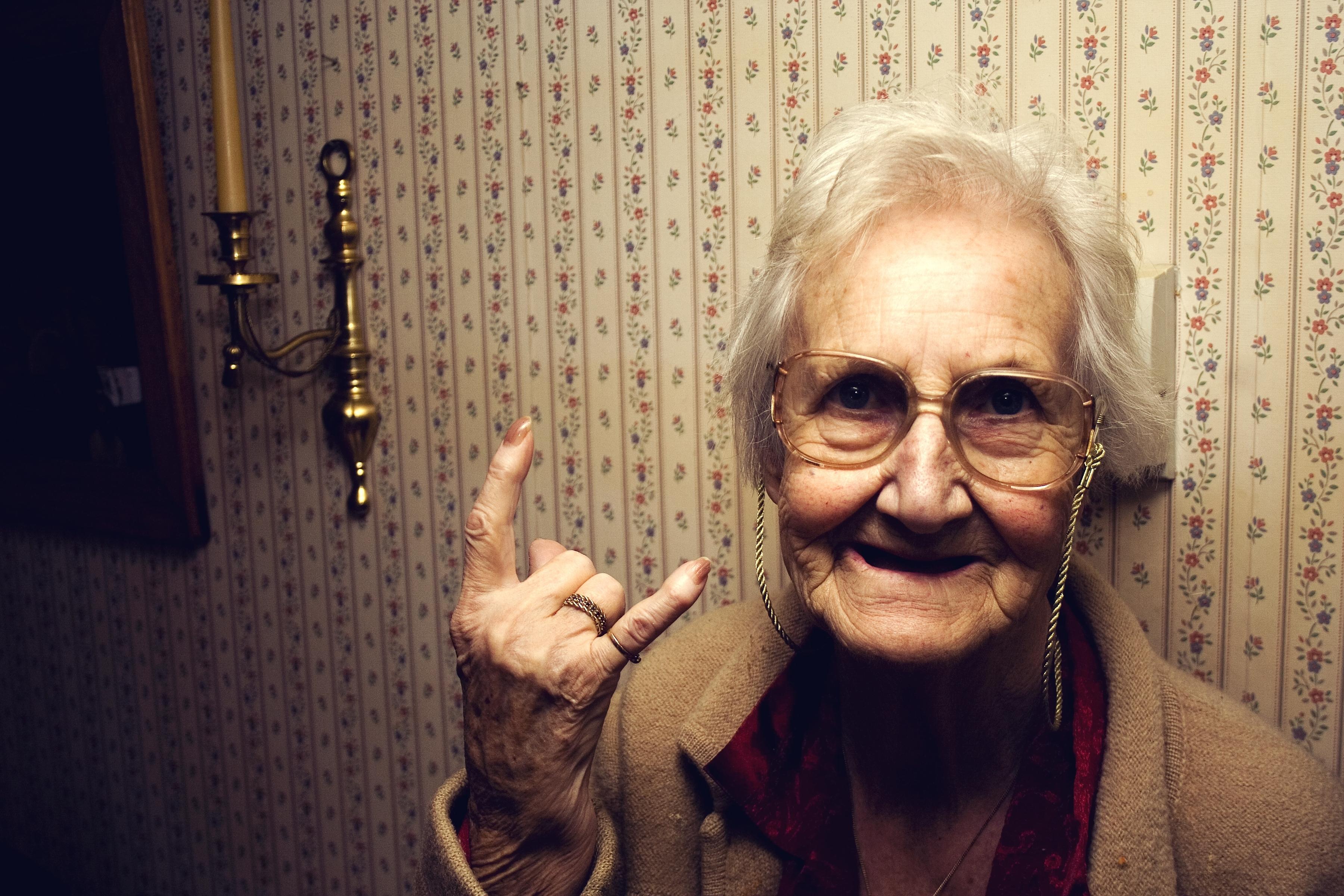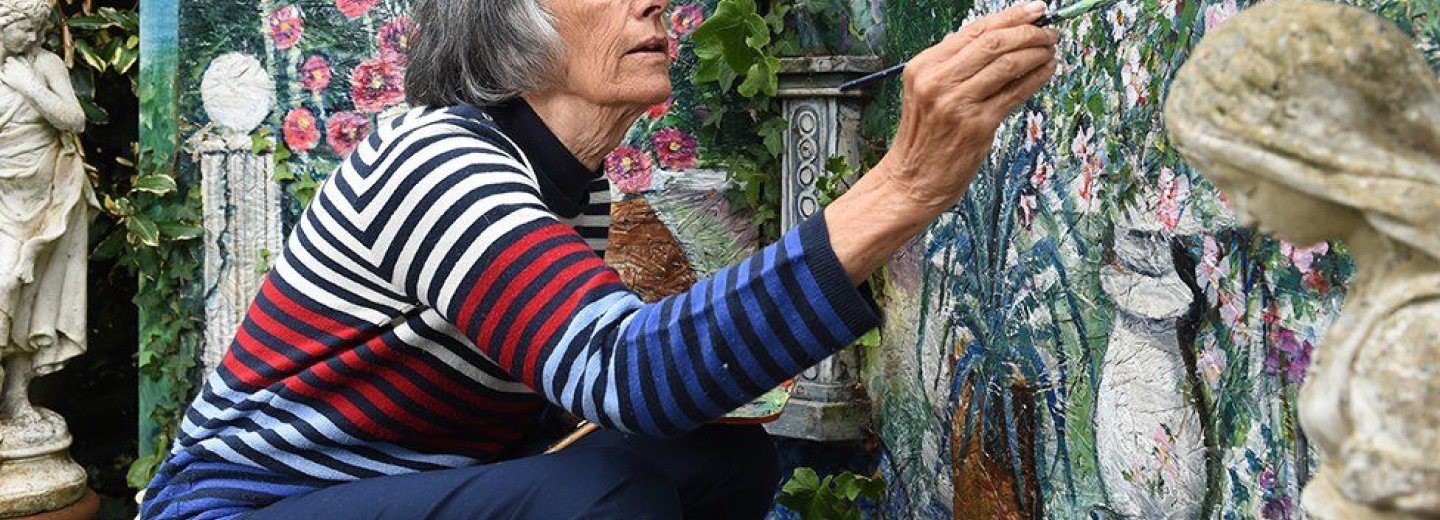Think yourself young
In June 2020, our post ‘Being Old is a Choice’, told how some people limit themselves by conventional thinking on age. We followed this in February 2021 with ‘Die Young – as Late as Possible’. In both posts we emphasised that, contrary to conventional thinking, individuals can have a direct effect on how they age.
‘Extra Time’ by Camilla Cavendish is a fascinating, global, look at ageing. She examines longevity in Japan, scientific breakthroughs and ‘wonder drugs’ in the USA, social conditions in Singapore. She looks at the science of brain neuroplasticity and talks to an 82-yearold professor in London, who just happens to be an endurance cyclist. She gets to understand how a good GP can help a patient start to lose weight in 20 seconds. She quotes a genetics professor in the UK:
More confirmation
In the Guardian on 2 January 2022, David Robson wrote:

One study, at the Yale School of Public Health, found that people with a more positive attitude lived on for 22.6 years on average after the study commenced. Those with poorer interpretations of ageing survived for just 15 years. The report concludes:
Recent findings suggest that age beliefs may also play a key role in the development of Alzheimer’s disease. Tracking 4,765 participants over four years, researchers found that positive expectations of ageing halved the risk of developing the disease.
For many scientists, the link between age beliefs and long-term health and longevity is beyond doubt. “It’s now very well established,” says Dr David Weiss, who studies the psychology of ageing at Martin-Luther University of Halle-Wittenberg in Germany. And it has critical implications for people of all generations.
Institutional ageism
Our culture abounds with messages that reinforce damaging age beliefs. The World Health Organisation is clear that ageism is a global challenge. Medical News Todaywrites:
Ageism comes in many forms
Ageism in the workplace include refusing to hire people over or under a certain age or asking for someone’s age at a job interview when it is not relevant to the work. In personal relationships, examples include treating family members as though they are invisible, unintelligent, or expendable based on their age, or making ageist jokes that imply someone is less valuable or less worthy of respect, based on their age.
However, some bodies of opinion still believe that there are reasonable grounds for certain aspects of age-related policies. In the recent debate about over 70’s and COVID for example, the British Medical Journal says:
This appears to reinforce the validity of at least one ageist policy and belief.
Not so
But in a strongly worded response, Michael Craig Watson, Trustee, Institute of Health Promotion and Education and Dr John Lloyd, Honorary Vice President, Institute of Health Promotion and Education reply:
Among others, the writers refer to a paper published by The National Library of Medicine:
Whether a government is justified or not in imposing a blanket ageist policy is not the issue. Most national policies (and laws) are generalised. Citizens respect them if they can see at least some merit in them, even if they are not entirely ‘fair’. And, too, some ageist policies (travel discounts, heating allowances and others) benefit older people to the exclusion of younger ones.
Time to act
We cannot control government policy. Nor can we single-handedly alter public and media attitudes. Most people are brought up to expect certain outcomes at certain ages in their lives. We cannot control any of this. What we can control is our reaction to these (false) influences. ‘Will I let other people determine how I feel about my age and my life?’
We know, sadly, all too many people succumb to a set of beliefs that determines how they should act as they get older. Because they believe what people say – that they are ‘old’ – this is how they become.
Almost every day however, science reminds us that ignoring these negative stereotypes and enjoying the benefits of the inevitable process of getting older, will improve our quality of life. What is more, our lives will be significantly, and happily, longer.
All we need to do is to take control of our beliefs and our lives…
Worked on the article:

Wanlikhang





